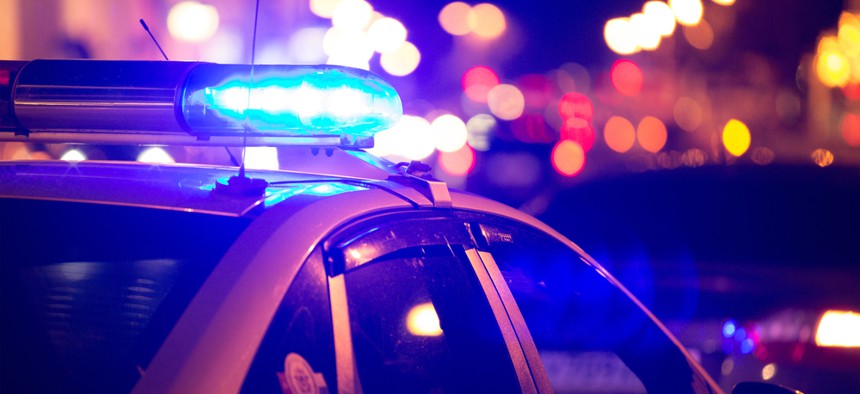How poverty gets criminalized

A police car and flashing lights Shutterstock
One of the oldest churches in Brooklyn is getting millions in new repairs. About $9.6 million is going to repair the 130-year-old building of the Old First Reformed Church in Park Slope. Repairs remain ongoing to the exterior and interior, including making it accessible for disabled people. Funding was received in part from the National Fund for Sacred Places, according to a spokeswoman.
Got something to say about the Immigrant Opportunity Initiative Program? The New York City Human Resources Administration is accepting comments about planned three-year contract renewals for the New York Legal Assistance Group, Legal Aid Society, Urban Justice Center, and Legal Services NYC, according to the City Record. The NYC Gay and Lesbian Anti- Violence Project has received a $128,500 contract with the city Department of Social Services to provide services to people affected by violence.
A few dozen people took part in an April 11 poetry event organized by The Alliance for Positive Change. Participants read poems at the Union Square Barnes and Noble in Manhattan. Themes included “positive change, resilience, and hope” after taking part in a creative writing workshop run by the nonprofit, according to a press release. The Alliance also publishes a magazine featuring its members’ poetry.
A new report by FPWA details the criminalization of poverty. The health and human services sector can disrupt the “poverty to prison pipeline” – but only by becoming aware of the key role they can play in battling poverty, according to the report.
“Although the majority of health and human services providers do not currently focus their service models to meet the complex needs of low-income and justice-involved individuals and families,” the report reads. “This sector is best positioned to provide non-punitive, client-focused, supportive services that can interrupt the Poverty to Prison Pipeline.”
FPWAs Ending the Poverty to Prison Pipeline Report 2019 by ZacharyEJWilliams on Scribd
